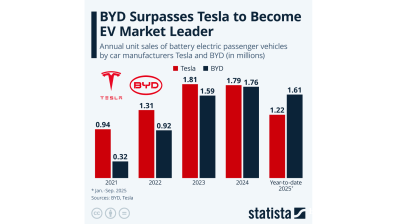The National Bank of Ukraine (NBU) increases its key policy rate by 0.5 percentage points (pp) to 17.5% from July 13 with the aim to bring "inflation back to the target range in 2019", the regulator said in a statement on July 12.
"The NBU believes that a number of factors can pose a threat to inflation decreasing to the target level - namely, a continued pickup in domestic demand, active labor migration, higher risks to receiving the next tranche from the International Monetary Fund (IMF) and other related financing, excessively high inflation expectations, and lower investor interest to assets of developing countries," the statement reads.
The move followed the central bank's May decision to keep its key policy rate unchanged at 17% due to the fact that the current monetary conditions are sufficiently tight to bring inflation to its medium-term target.
According to the central bank, a tighter monetary policy will neutralize their effect, driving inflation down to 5.8% as of the end of 2019 and 5% in 2020.
In June, consumer price inflation in Ukraine reached 9.9% year-on-year, which was somewhat below the NBU’s forecast published in its April's inflation report.
The result was attributed mainly to "the result of a considerable increase in supply of food products on the back of more favorable weather and a rise in imports. In addition, a strengthening in the hryvnia exchange rate, which was driven in particular by the tightening of monetary policy by the NBU, had a favorable effect on the costs of imported goods and the prices of goods and services costs of which heavily depend on imports".
Core inflation also decelerated in June, to 9.0% y/y that was lower than expected. "However, core inflation remaining high indicates that the underlying inflationary pressure is persistently strong," the NBU added. "This is mainly the result of sustained growth in consumer demand, which is fueled by a rapid rise in incomes that substantially outpaces the rates of economic growth."
The impact of inflation factors will become stronger in future, but the tight monetary policy will offset their effect and drive inflation back to the target range in 2019, the central bank believes.
The NBU keeps its inflation forecast for the end of 2018 unchanged at 8.9%. A faster-than-expected disinflation in May-June 2018 will be neutralised in the second half-year," the regulator added.
"This is due to expectations of a greater-than-expected increase in administered prices at the end of the year, which is aimed at bringing domestic gas prices closer to the import parity price, and the subsequent rise in utility services prices," the statement reads.
The NBU forecasts that in late 2019 infation will reach 5.8%. In 2020, inflation will decelerate to 5.0%, the mid-point of the target range (5.0% ± 1 pp).
Data

BYD surpasses Tesla to become EV market leader – Statista
While Chinese manufacturer BYD already pulled ahead of Tesla in production volume last year, with 1,777,965 battery electric vehicles (BEV) produced in 2024 (4,500 more than Tesla), the American manufacturer remained ahead in sales.

Estonia has the world’s most competitive tax systems for the 11th year in a row – STATISTA
The Tax Foundation has released its International Tax Competitiveness Index which highlights the most competitive tax rates in different countries around the world. For the 11th consecutive year, Estonia had the highest score in the index.

EU rare earth supply dominated by China and Russia - Eurostat
The European Union remains heavily dependent on China and Russia for rare earth imports, with nearly three-quarters of its supply sourced from the two countries in 2024, according to data published by Eurostat and reported by Statista.

Turkey's central bank remains cautious, delivers 100bp rate cut
Decision comes on eve of next hearing in trial that could dislodge leadership of opposition CHP party.



